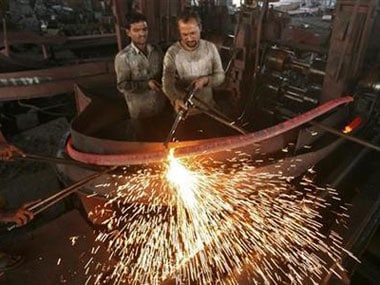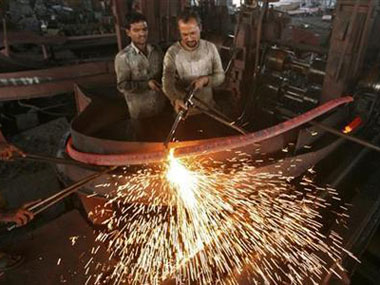As an engine of inclusive growth, the MSME sector forms the backbone of the Indian economy. Clearly, it is critical to ensure sustainable economic development at the grass root level – and this aspect has been well addressed in this year’s Budget. Further, against the backdrop of demonetisation, I believe this Budget offers a much needed relief while maintaining a fine balance between expectations and reality. From a sectoral perspective, Budget 2017 was important for the MSME segment. I believe that the finance minister has done a stellar job through the following four key enablers, which will prove to be game-changers for the sector: [caption id=“attachment_2571276” align=“alignleft” width=“380”]  Representational image[/caption] 1. Incremental tax benefits for MSMEs Undoubtedly, the government’s focus on promoting the MSME sector is reflected through in the incremental tax reduction of 5 percent for companies with annual turnover of less than Rs 50 core (and with profits less than Rs 1 crore). This, in turn will nudge the MSME segment to increasingly shift from proprietary/partnership firms to company structure, thereby improving the financial discipline. Furthermore, for entities with a turnover of up to Rs 2 crore, relaxation in audit norms through returns to be filed based on presumptive income, will have an extremely positive impact and ensure reduced compliance costs for financial reporting. 2. Availability of credit flow for MSMEs The government will encourage SIDBI to refinance credit institutions which provide unsecured loans at reasonable interest rates. In addition, to facilitate a higher credit flow to MSME sector where collateral cover continues to be a challenge, SIDBI has been asked to increase unsecured funding on the basis of track record. This will ensure credit flow to MSME without major collateral constraint, thus addressing the transient impact of demonetisation and enabling a higher credit flow. 3. Transition into a digital economy Post demonetisation, transition in to a digital economy has gained further momentum with increased focus on encouraging digital payment in rural and semi urban areas. The launch of BHIM application and its successful adoption by over 125 lakh people coupled with the finance minister’s Budget announcement to introduce Aadhaar Pay, a merchant version of Aadhaar Enabled Payment System, will ensure better access of formal credit to MSME segment as more information on health of firms will be available through visible cash flows and transparent financial data. 4. Make in India push A strong manufacturing sector will directly benefit the MSME sector, which is the largest partner in the supply chain, both for agri and food processing as well as infra sector. In addition, the government’s emphasis on expanding the Skill India initiative to over 600 districts will enable increased availability of skilled manpower across India. These will go a long way in limiting the inflationary pressure on wages due to a higher concentration of opportunities in the same geography. The strategic importance of MSME sector as a prime mover of employment and economic growth is today acknowledged across the nation. However, despite the considerable importance towards actualising industrialisation at large, MSME sector requires access to timely and affordable credit both in the short and long term along with a bit of handholding during the initial phase of learning. There is an expectation of a paradigm shift in the approach of banks towards lending to MSMEs and I believe that technology will play a key role in transforming the way credit is offered to MSMEs. I am confident that the steps taken in the Budget will be instrumental in providing a much-needed fillip to the sector. (The author is managing director and CEO, YES Bank)
The steps taken in the Budget will be instrumental in providing a much-needed fillip to the MSMSE sector
Advertisement
End of Article


)

)
)
)
)
)
)
)
)



